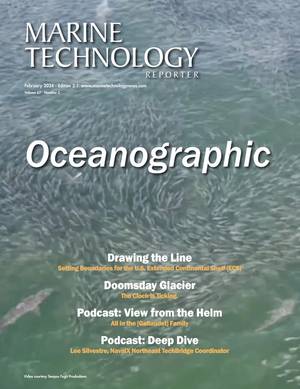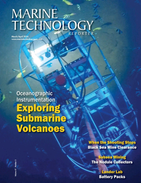Arctic Shrinking Sea-Ice: Upcoming Free Webinar
Live from Boulder, CO, U.S. National Snow & Ice Data Center (NSIDC) director Mark C. Serreze talks July 11, 2013 at 1100 about the economic and social impact—both positive and negative—of the opening of the Arctic Ocean.
This month's open, online "Blue Marvel-Ocean Mysteries" seminar is sponsored by he National Science Foundation, IEEE, the Group on Earth Observations, and the Ocean Research Collaboration Network.
In this hour-long Web program, Dr. Serreze will examine the social and economic effects of the retreat of the Arctic Ice Cap and the opening of the Arctic Ocean.
Arctic summers could be ice-free as early as 2030. In this talk, Dr. Serreze will shift the focus from "What happened?" to "What happens now?" Already, the reduction in ice is increasing coastal wave action and erosion in high latitudes. The shift is also causing strong rises in air temperature during the fall months—not just near the surface, but high into the atmosphere. This strong warming—called "Arctic amplification"—is having increasingly wide-ranging impact down into the middle latitudes. At the same time, the retreating ice cover is opening up to the Arctic to maritime shipping, oil and gas exploration, and other economic activities.
In his research, Dr. Serreze focuses on climate variability and change, with an emphasis on the cryosphere—the world of cold and ice—and the movements of air, water, and energy in its environments. He earned his Ph.D. at the University of Colorado at Boulder, and B.S. and M.S. degrees from the University of Massachusetts at Amherst.
"Environmental Impacts of the Arctic's Shrinking Sea-Ice Cover" is the ninth of eleven monthly webinars examining the oceans, the oceans' impact on human life, and human life's impact on the oceans. Presenters are leaders in ocean science, including microbiologists, engineers, chemists, engineers, and archeologists, among many others. The presentations will be available live, and archived talks can be viewed without charge at the RCN web site, rcn.iode.org (also reachable via www.oceanobsnetwork.org )

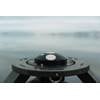
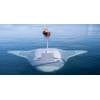
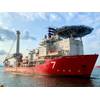
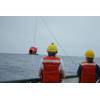
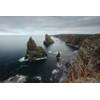








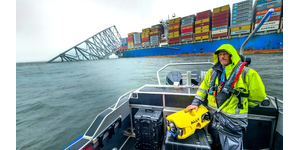
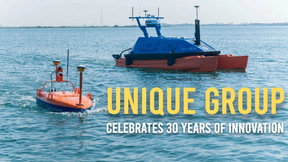
 February 2024
February 2024
